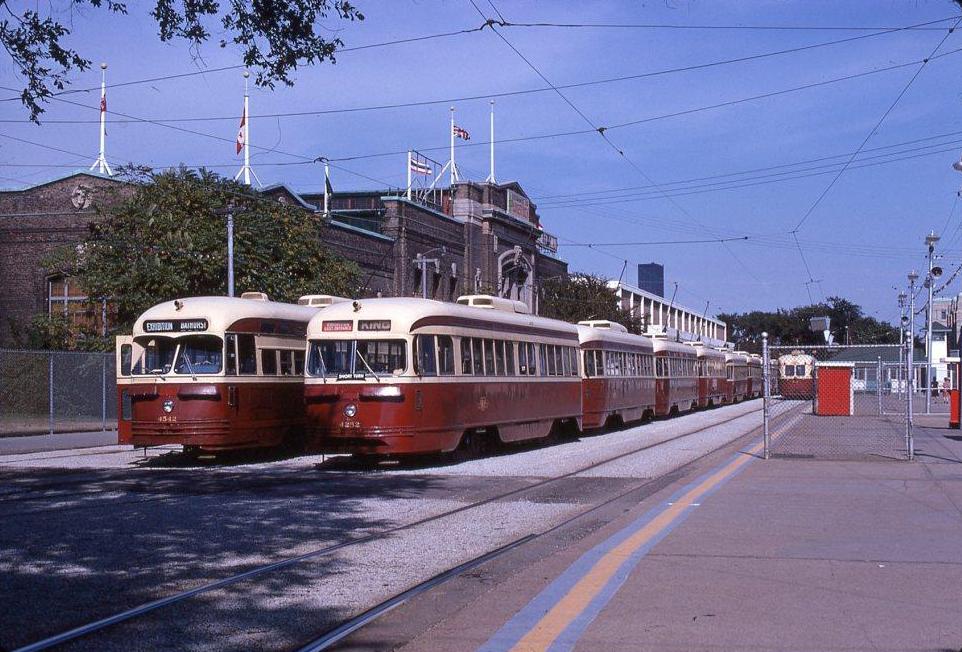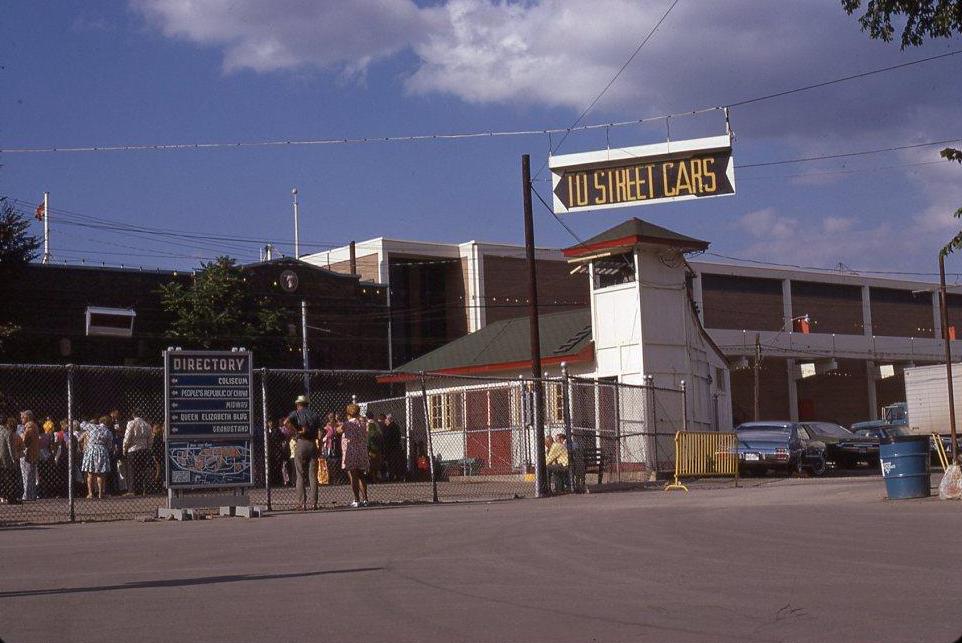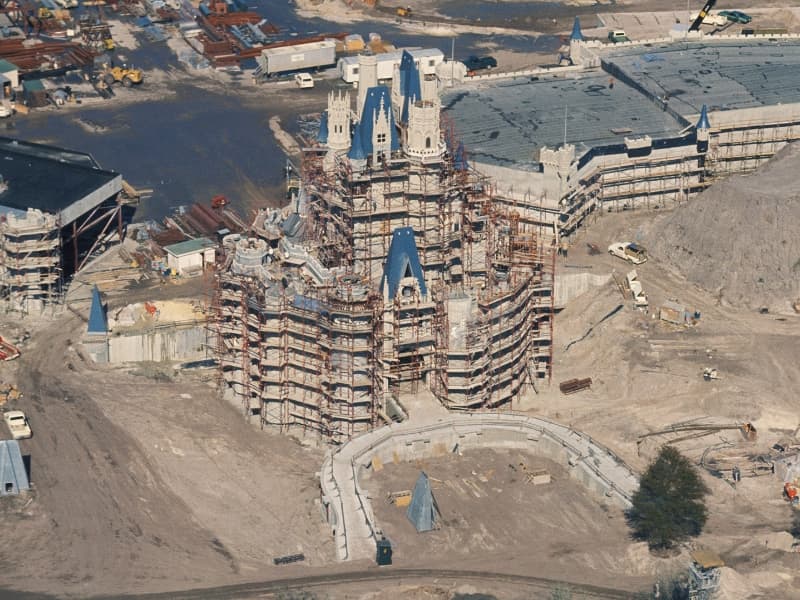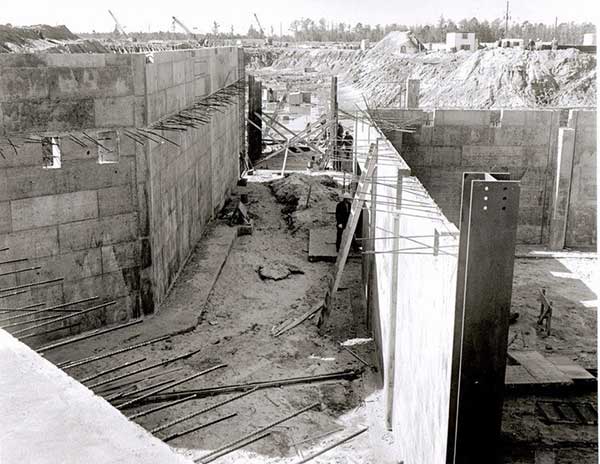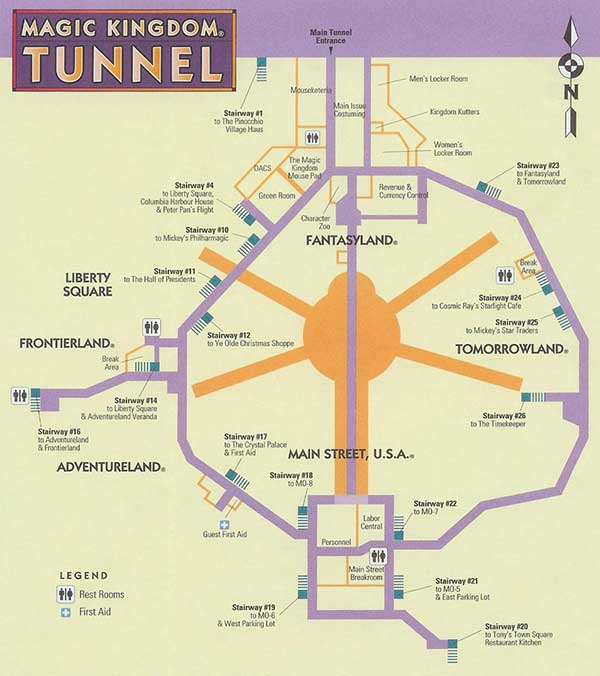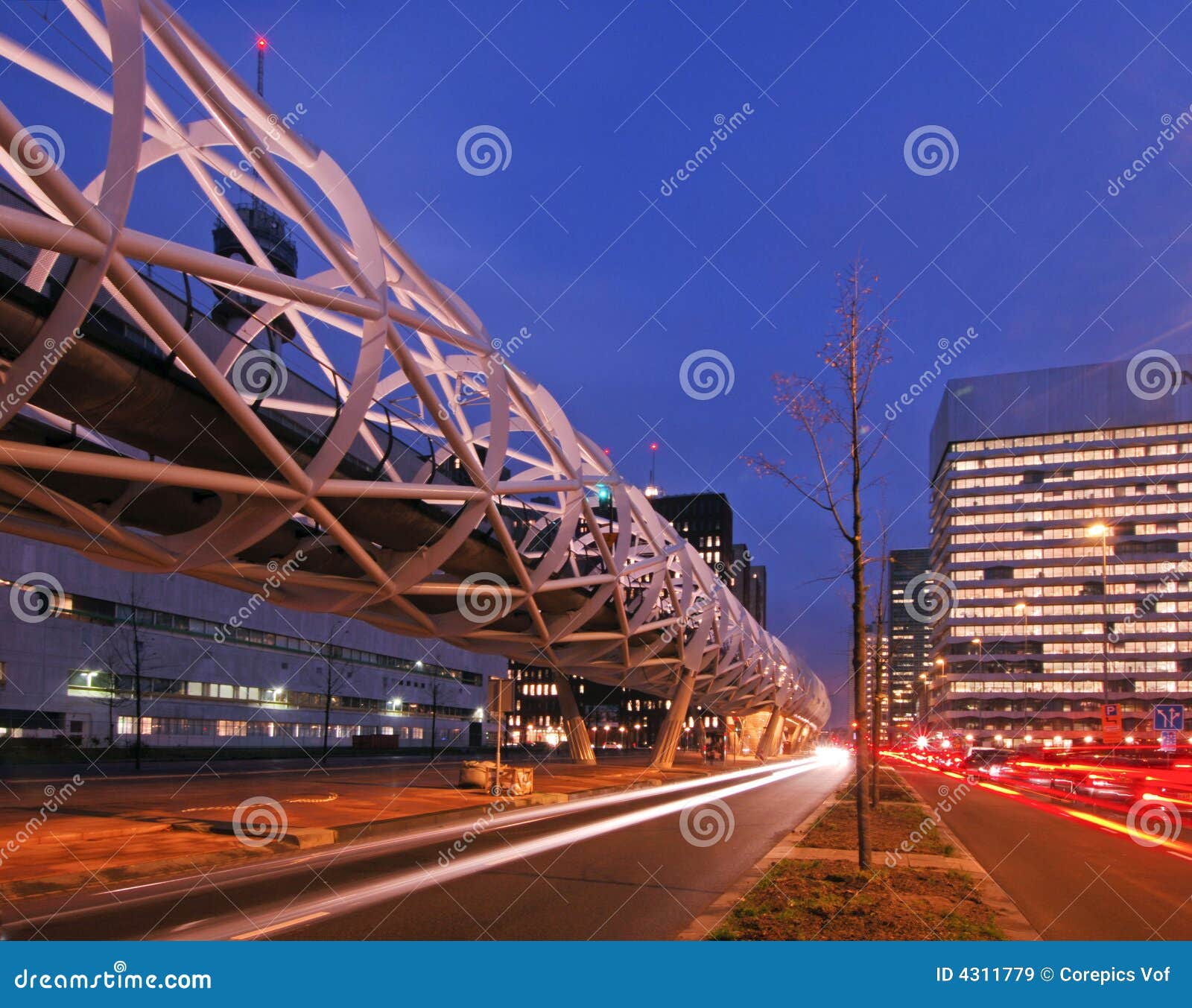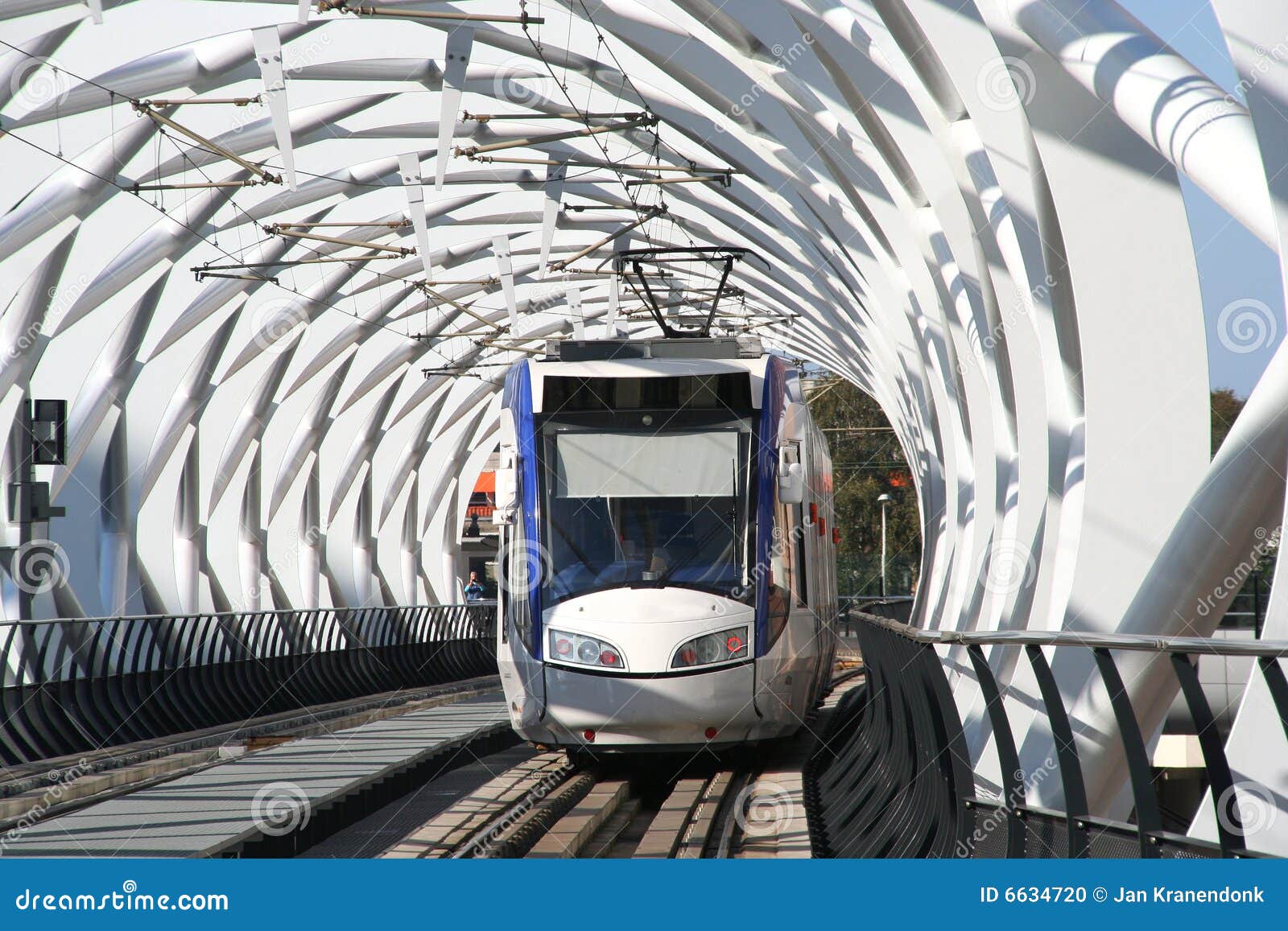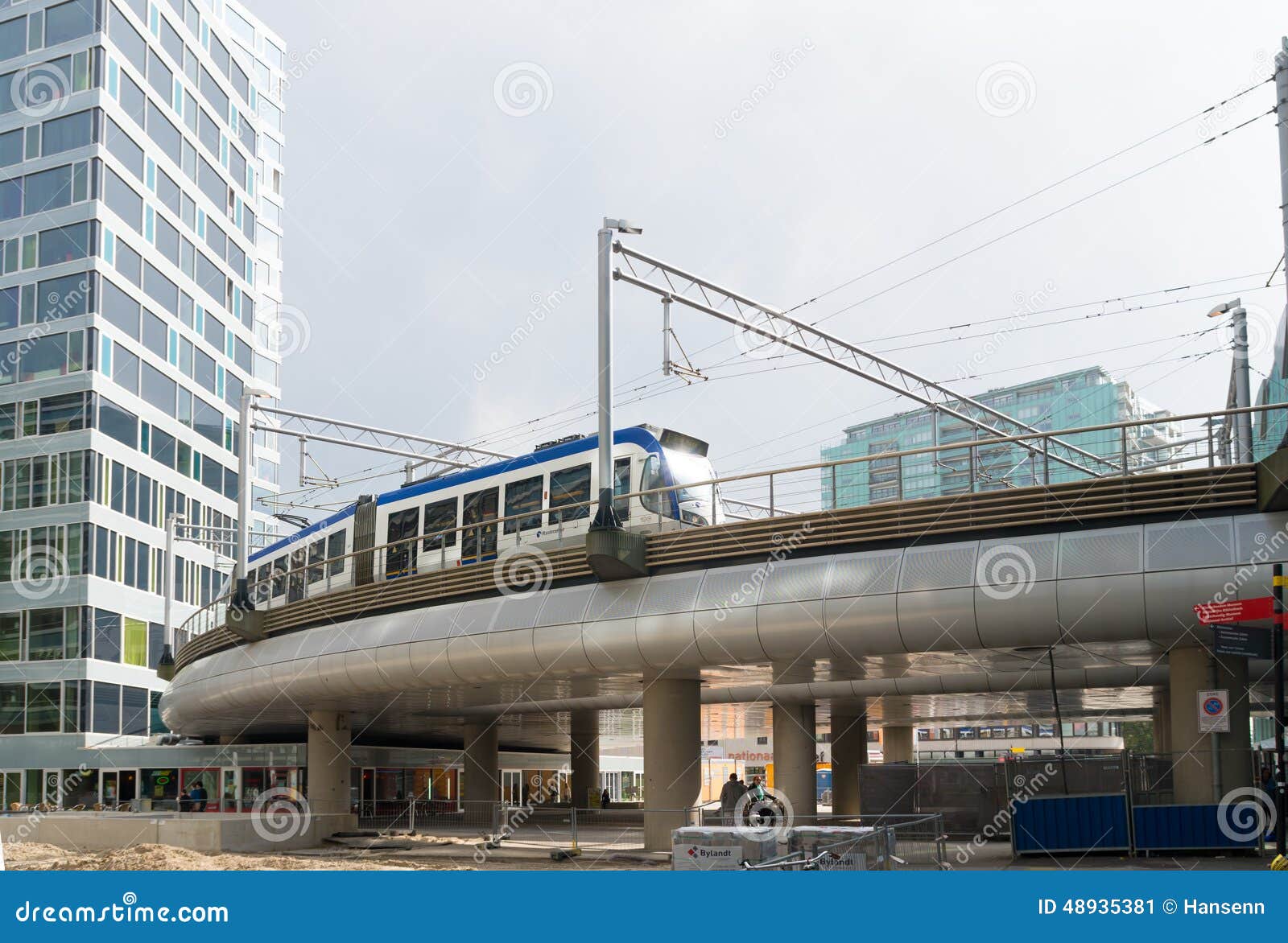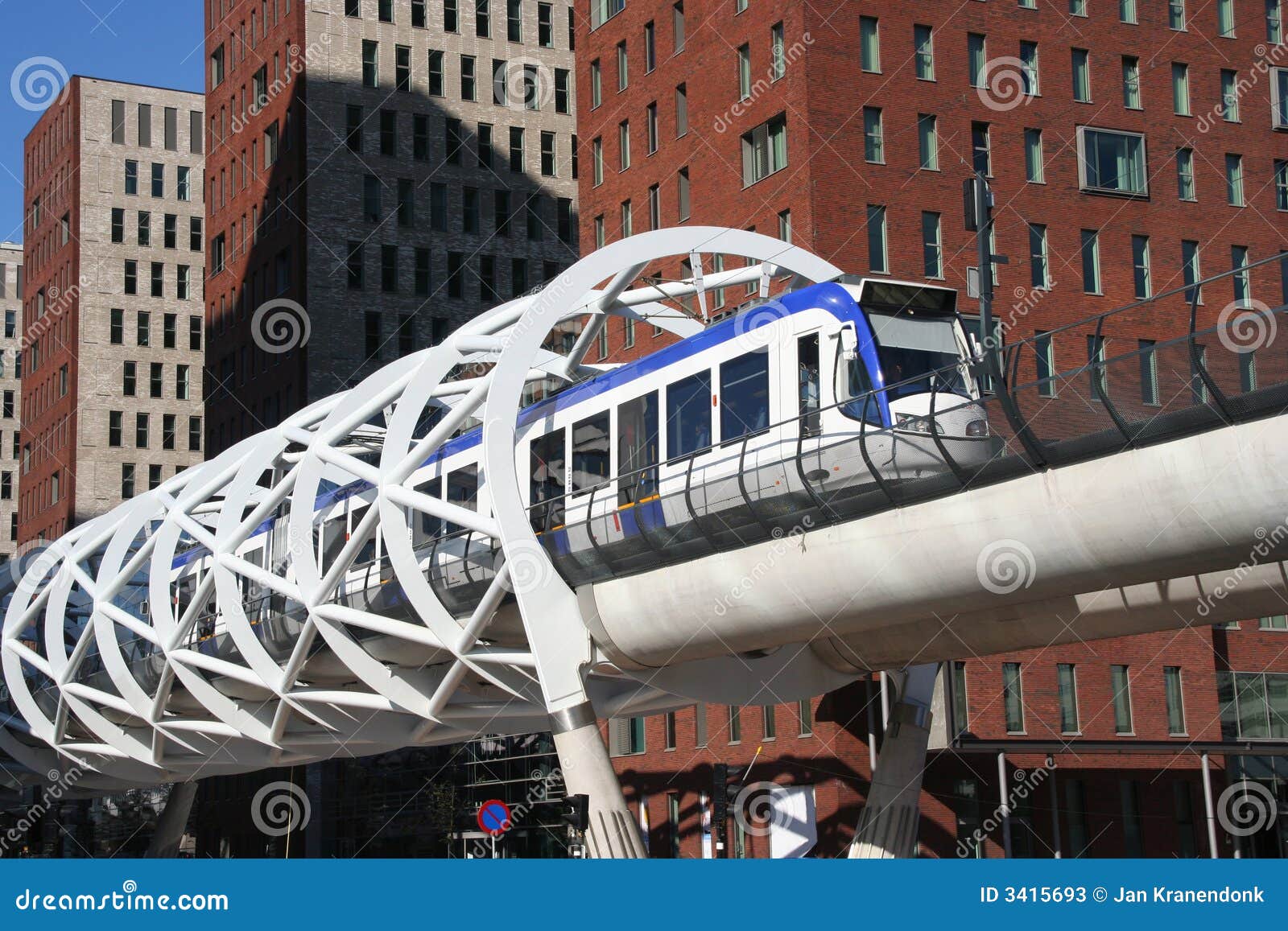I am unaware of any evidence in support of this position.
I am aware that when income taxes and corporate taxes were considerably higher than they are today, economic growth in both absolute and per capita terms was considerably higher than it is today.
Gas is less than what I was paying at the pumps a few years ago; and as compared with inflation-adjusted pricing is well below historic highs.
I own a car and drive regularly, btw.
Ontario's Gas taxes are also not the highest in Canada
Nova Scotia is 15.5c/Per L
Quebec is 19.2/Per L
BC varies, but Vancouver is 27C per L, and Victoria is 20c per L
****
Meanwhile at the OECD level:
View attachment 338380
* on the above chart Ontario would read as .92 per gallon when adding in provincial gas taxes.
By any objective measure, Ontario's gas taxes are low on an international comparison chart, and fair on a Canadian one.
Which is not to suggest I was specifically advocating to go the same premium as in Vancouver, merely that there is ample room for an increase in a tax that has been frozen for more than 25 years.
I should add, I'd be more than content to consider the toll route in the alternative, seeing as gas is on its way out.........
The point is merely there is room for a higher rate.
As a small business, you pay only 3.2% tax on your profit; while a low-income person making a subsistence wage pays a higher amount on their gross income before expenses.
I can't say I feel the rate is burdensome, I do agree there are other costs imposed on businesses that are; some of which are unnecessary.
I feel that government should reduce fixed-cost taxes to business that occur whether or not there is a profit and other needlessly imposed costs.
I would favour having a wholesale market for beer/wine for restos (as its absurd that they pay retail); I would remove many business licenses, as I can ascertain no logic to their purpose.
I would ditch the LLBO, (liquor licenses); I would remove the cost of any form of government mandated ID (passports, licenses etc.), I would remove many plate renewal costs as I think plate renewal should be tied to a vehicle
being road worthy, and should require an inspection every 'x' years in accordance with the vehicle's age.
I would remove education tax through property tax entirely; I also favour universal pharmacare and dental care which would eliminate most or all 'benefits' costs for employers.
I would also endorse streamlined and lower vehicle insurance, and (Federally) drive down the cost of Canada's cell/internet services to OECD norms.
I'm all for streamlining and productivity, but not for letting certain income producers pay a lower tax rate than others.
*****
On personal income tax, I completely agree with this.
If, I for instance, paid the same tax rate on capital gains as my friend does on his employment income, the government would be a lot richer.
However, for business, we do have a problem that tax is applied to profit, not gross income as it is for individuals.
If we taxed business revenue, we could lower rates and make money doing it. But that's not what we do, nor do I think that change likely.
In an apples to apples comparison, a typical small business pays less than 1% tax on gross income (revenue) of up to $500,000
That's extraordinary when you consider that same business minimum wage employee, after allowing for Federal exemption of ~15k, would pay 20% income tax (federal and provincial) on their first $15,000 (above the exemption).
Or 10% of gross income overall, not factoring in deductions for CPP/EI
Evidence in Quebec and the Maritimes, where rates are 2 points higher doesn't seem to indicate this to be the case.
Refer to this chart, and look at tax on goods and services for the per capita revenue of each province.
none

www150.statcan.gc.ca
Note that while numbers are only marginally higher in Quebec, and are slightly lower in Nova Scotia, household incomes are also lower.
Newfoundland shows considerably higher per capita returns on its comparable taxes.
Yes, there are certainly border crossers, due to some jurisdictions have irrationally low taxes. That's a problem. But it needs to be said the amount of tax avoidance in Ontario has been measured and it wasn't as high as you might think, its not free to cross the border, there are tolls. So you have to have fairly large purchases for the numbers to make sense given the cost and time.
But I agree its a concern.
Sure. I agree
Though, while I don't accept /endorse any poorly thought out expenditures or needless processes or consultant enrichment schemes; a certain amount of that seems to be baked into government of all stripes and most jurisdictions at the moment.
I would also hasten to add, the big and obvious excesses are hard to cut because of political constituencies (or cowardice, take your choice). Quebec and Newfoundland both abolished their religious/separate school systems; and Quebec is now moving to abolish school boards all together.
That would produce substantial savings here in Ontario, certainly not less than 1B per year, conservatively, though I think 2B is probably achievable. But good luck get any part other than the Provincial Greens to endorse that idea.
Yes, that was foolish and irresponsible. I'm the first to say team Red and team Blue engage in much of the same nonsense while they alternate power.
I've previously mentioned that in posts in this thread.
*****
Again, my point is that in terms of revenue per capita, Ontario is not a high-tax jurisdiction and there is upward room; yes, there is also room to improve 'efficiency'.
But you simply asked how the cost of investing in OP would be covered, and I think I've afforded a plausible answer.
